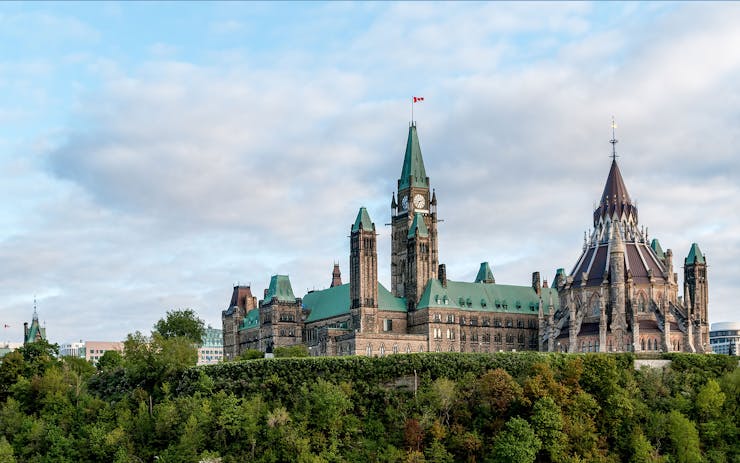Across Nunavut, Yukon, and the Northwest Territories, 2,627 people were convicted of cannabis possession in the final two decades of prohibition.
Will they take advantage of the Liberal government’s newly inaugurated Bill C-93, creating so-called “no-cost record suspensions”?
Not likely, say advocates.Join the Leafly Canada CommunityThe three Territories have some of the highest per-capita populations of Indigenous people in Canada (ranging from Yukon, which is 20% Indigenous, to Nunavut, which is 85%—almost entirely Inuit).
Because of well-documented police tendencies to charge Indigenous (and Black) people at a disproportionate rate, the North might well have a sizeable number of citizens eager to finally put that injustice behind them.
Yet academics, lawyers, and Indigenous advocates say the new law will see little use north of 60.
The first reason is that while Bill C-93 does have the words “no cost” in its full name, record-suspension seekers will still have to pay out of pocket for a variety of services in order to apply—including ordering their criminal records, and other court records.
Unfortunately, the new system only suspends records of cannabis possession alone.
Lawyer Caroline Wawzonek told CBC North, “In the North, it is extremely rare to have only a simple possession offence.”





